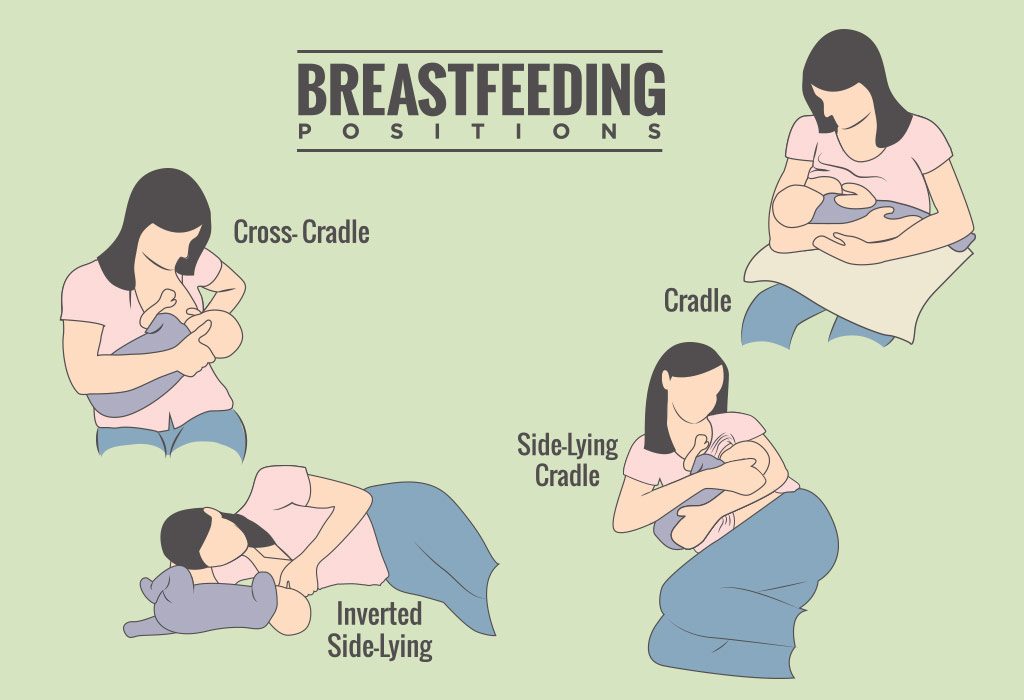Prenatal Care: Nurturing Moms and Babies Before Birth
Prenatal care is all about taking care of a mom and her baby before the baby is born. It’s like making sure everything is okay and helping the baby grow strong and healthy. Let’s dive into what this care is all about and why it’s so important.
What is prenatal care?
Prenatal care is like a roadmap for making sure both the mom and the baby are doing well during pregnancy. It involves regular check-ups with doctors or midwives who know all about how to take care of pregnant women. These check-ups help keep an eye on the baby’s growth and make sure the mom is healthy too.
The Early Days: First Trimester
The journey begins in the first trimester, which is just a fancy way of saying the first three months of pregnancy. This is a super important time because it’s when the baby starts to form its major body parts. Moms might feel things like morning sickness, tiredness, or mood swings during this time.
Prenatal care during the first trimester often includes a lot of questions. Doctors want to know about the mom’s health history, any medications she might be taking, and if she’s been feeling okay. They might also do blood tests and ultrasounds to get a closer look at how the baby is doing inside the mom’s belly.
Growing Stronger: Second Trimester
Moving on to the second trimester, from the fourth to the sixth month, the baby really starts growing. It’s during this time that the mom might start feeling the baby moving around. Those tiny kicks are like a sign that everything is developing well. Moms often find the second trimester more comfortable than the first, as some of the earlier symptoms might start to fade away.
In the second trimester, prenatal care continues with more check-ups. The doctor will keep track of the baby’s growth, listen to its heartbeat, and make sure everything is going as it should. Sometimes, there might be extra tests like screenings for certain conditions, just to be sure everything is on track.
Getting Ready for Arrival: Third Trimester
The third trimester, from the seventh to the ninth month, is like the home stretch. The baby is almost ready to meet the world. During this time, the baby’s organs and systems finish growing, and it starts gaining weight to prepare for birth. The mom might feel a bit uncomfortable because of the growing size of the baby and other changes in her body.
Prenatal care in the third trimester includes more regular check-ups. Doctors will keep a close eye on how the baby is positioned in the mom’s belly and check if everything is going smoothly. They might also talk to the mom about the birthing process and what to expect.
Building a Healthy Foundation: Why Prenatal Care Matters
Taking care of both the mom and the baby during pregnancy is super important for a bunch of reasons. Here are some key things that make prenatal care a big deal:
- Early Detection of Issues: Prenatal care helps doctors catch any potential problems early on. Tests and check-ups can find things that might need extra attention, and this early detection can make a big difference in how things turn out.
- Healthy Moms, Healthy Babies: When moms get good prenatal care, they are more likely to have healthier pregnancies. This means fewer complications for both the mom and the baby.
- Nutrition Matters: Prenatal care includes making sure the mom eats the right stuff. This means a balanced diet with things like folic acid, iron, and other essential nutrients. Sometimes, doctors also recommend prenatal vitamins to fill in any gaps.
- Avoiding Harmful Stuff: Prenatal care guides moms on what to avoid during pregnancy. Smoking, drinking alcohol, and using certain medicines can be risky for the baby, so it’s best for the mom to stay away from these things.
- Emotional Well-being: Pregnancy can bring a roller coaster of emotions. Prenatal care isn’t just about physical health; it’s also about making sure the mom feels supported emotionally. Talking about feelings and having a strong support system are part of the care package.
Making Choices Together: Shared Decision-Making in Prenatal Care
Prenatal care is not just about doctors telling moms what to do. It’s a team effort where moms and healthcare providers make decisions together. This is called shared decision-making. Doctors explain things in a way that’s easy to understand, and together, they figure out the best plan for the mom and the baby.
Moms have a big say in their care. They can ask questions, share their feelings, and be part of the choices being made. This teamwork helps make sure the care plan fits the mom’s needs and preferences.
Preparing for the Big Day: Childbirth Education
As the due date gets closer, it’s time to get ready for childbirth. Prenatal care includes something called childbirth education classes. These classes teach moms about what happens during labor and delivery, different birthing options, and ways to manage pain. Knowing what to expect can make the big day less scary and more manageable.
Community Support: Beyond the Doctor’s Office
Prenatal care isn’t just about doctor visits. It’s also about building a community of support. Family, friends, and healthcare professionals all play a role in making sure the mom feels cared for. Sometimes, just having someone to talk to can make a big difference.
Conclusion: A Journey of Care and Preparation
In a nutshell, prenatal care is like a journey where moms and their babies get ready for the big day – the day the baby is born. Regular check-ups, a good diet, emotional support, and learning about childbirth are all part of this journey. Each step helps in building a strong foundation for a new life.
By taking these steps, moms are not just taking care of themselves; they are giving their babies the best start in life. Prenatal care is a way of saying, “We’re in this together, and we’re getting ready for something amazing!” It’s a special time filled with care, preparation, and the excitement of welcoming a new little one into the world.










